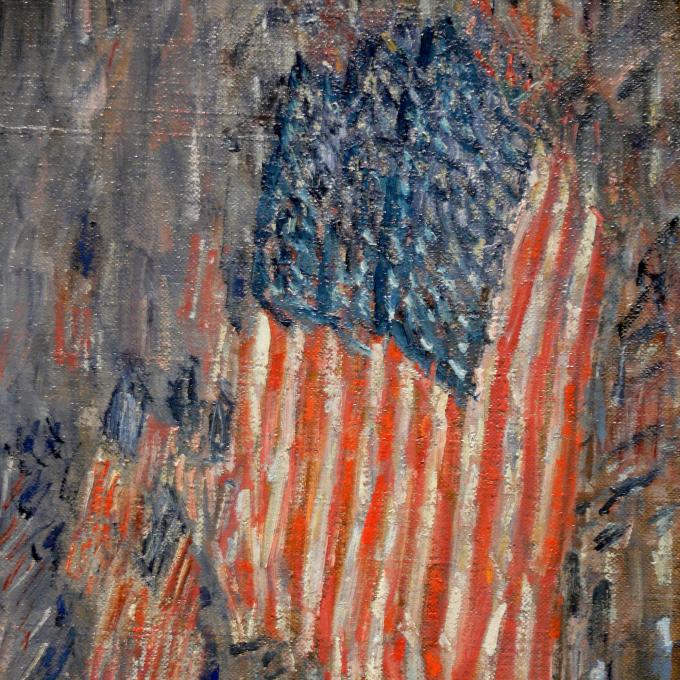Balraj Gill is a historian, interdisciplinary scholar, and educator who works at the intersection of Indigenous Studies, Carceral Studies, and histories of colonialism and imperialism in the Americas. Dr. Gill’s current research focuses on the formation of the carceral state through its relationship with tribal nations. Her manuscript project, The Politics of Confinement: Indigenous Homelands, Carceral Imperialism, and the Making of the Deep North, is a history of the Očhéthi Šakówiŋ Oyáte that focuses on the experiences of Dakhóta and Lakȟóta people with spatial and institutional confinements sanctioned under U.S. and Canadian settler colonialism. It demonstrates how histories of Indigenous confinement and incarceration broaden our understanding of what scholars have called the Age of Mass Incarceration
An Indigenous Studies Postdoctoral Fellow in American Culture Studies at Washington University in St. Louis, Dr. Gill received her PhD in American Studies at Harvard University. She spent a year as a Lecturer in Harvard’s History and Literature program where she mentored students researching a variety of topics—from the statue of the sixteenth-century Pueblo/Tewa leader Po’pay in the Capitol building in Washington D.C., to the Wages for Housework movement in 1970s Brooklyn. Dr. Gill teaches courses in Native American and Indigenous Studies and on the cultures of carcerality and imperialism. In her public-facing work, Dr. Gill is collaborating on a film and education project called “Unsettling Massachusetts” with filmmaker and scholar Mary Jirmanus Saba and Sagamore of the Massachusett Tribe of Ponkapoag Faries Gray. She also participated in the Harvard and Slavery Research Project and co-authored an essay on Harvard’s historical relationship with slavery in the volume Slavery and the University: Histories and Legacies (University of Georgia Press). Dr. Gill’s research and creative practice interests further include memory and memorialization, the labors of love and care, kinship and kin-making, critical geography, data visualization, mass education, social movements, and cooperative institution-building.


